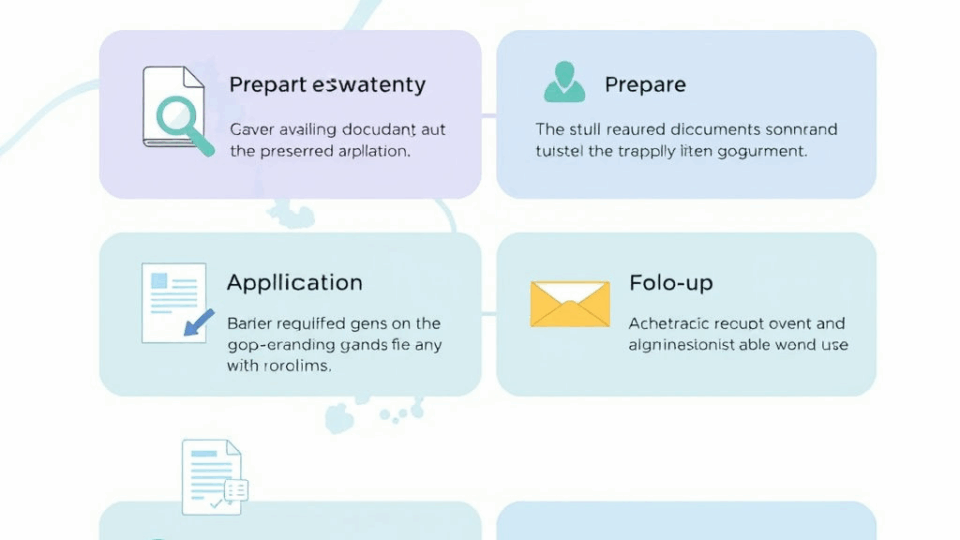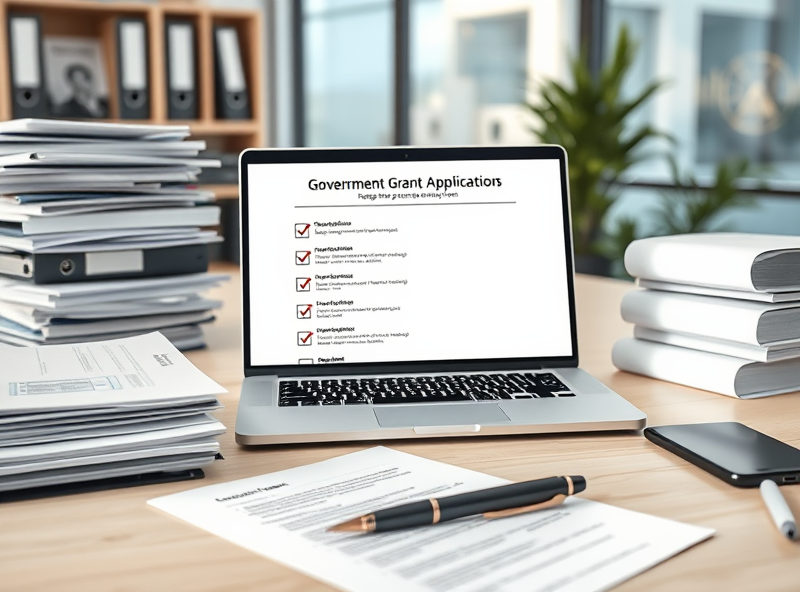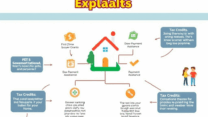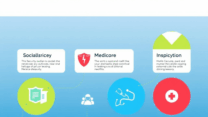
How to Apply for Government Grants in Korea: Simple Step-by-Step Guide
Find Your Matching Grant Program Easily

Navigating government grants in Korea can feel overwhelming, but finding the right program for your needs doesn’t have to be complicated. The Korean government offers a wide range of grants for individuals, startups, small businesses, researchers, and even artists. The key is knowing where to look and how to match your profile with the right opportunity.
Start by visiting the official Korean government grant portal, Allbaro (https://www.gov.kr/portal/main), or the Ministry of SMEs and Startups (https://www.k-startup.go.kr). These platforms provide updated listings of available grants, categorized by industry, business size, and purpose. Use filters to narrow down programs that match your specific goals, whether it’s launching a new business, developing technology, or supporting cultural projects.
When reviewing a grant, pay close attention to eligibility criteria, required documents, and deadlines. Many grants are competitive, so preparing a strong application with a clear business or project plan is essential. You can also consult with local business support centers or innovation hubs for free guidance.
For those who are unsure where to begin, the “K-Startup” platform (https://www.k-startup.go.kr) offers a personalized grant matching service based on your business profile. Simply create an account, input your business details, and the system will suggest suitable programs.
By using these tools, you can save time and focus your efforts on the grants that truly align with your needs. Remember, the right information is the first step toward securing funding and bringing your ideas to life.
Understand Eligibility Requirements Clearly

Before applying for any government grant in Korea, it’s essential to understand the eligibility requirements thoroughly. Each grant program is designed for specific groups—such as small business owners, startups, researchers, or low-income families—and the criteria can vary significantly. Carefully reviewing these requirements not only saves time but also increases your chances of approval.
Start by identifying the type of grant you’re interested in. For example, if you’re a startup founder, you might be eligible for innovation or R&D support grants from the Ministry of SMEs and Startups. On the other hand, individuals from low-income households may qualify for housing or education subsidies.
Make sure to check:
– Age, income, or employment status requirements
– Business registration or tax documentation
– Industry-specific qualifications (e.g., tech, agriculture, etc.)
– Residency or citizenship status
Most government grants in Korea have official websites that clearly outline eligibility. A good starting point is the Korean Government’s national grant portal, ‘정부24’ (www.gov.kr), where you can search for available programs and their specific conditions.
Understanding these details early on helps you prepare the necessary documents and avoid disqualification. If you’re unsure, consider contacting the grant’s administrative office or visiting a local community center for guidance. Being proactive and informed is the key to successful grant application.
Prepare and Organize Your Application Documents

Before applying for a government grant in Korea, it’s essential to prepare and organize your application documents thoroughly. This step not only increases your chances of approval but also ensures a smoother application process.
Start by carefully reading the eligibility requirements and application guidelines for the specific grant program. Each grant may require different documents, such as a business registration certificate, project proposal, financial statements, or proof of past achievements. Make a checklist based on the official guidelines to avoid missing any critical paperwork.
Next, organize your documents in a logical order. Use clear file names and group related documents together. If the application is online, ensure all files are in the correct format (usually PDF or JPG) and under the size limit. For paper submissions, use labeled folders or binders to keep everything neat and professional.
It’s also a good idea to prepare a short summary or cover letter that outlines your goals, how the grant will be used, and why your project is valuable. This helps reviewers quickly understand your proposal.
Finally, double-check everything before submission. Ask a colleague or mentor to review your documents for completeness and clarity. A well-prepared application reflects your seriousness and professionalism, which can make a strong impression on evaluators.
For more detailed guidance, you can refer to the Korean Government’s official grant portal: https://www.gov.kr
Submit Your Application and Follow Up Smoothly

Once you’ve found the right government grant program in Korea and prepared all the necessary documents, the next step is submitting your application properly and ensuring smooth follow-up. This stage is crucial because even a small mistake can delay or jeopardize your chances of receiving funding.
First, make sure to submit your application through the official platform. In Korea, most government grants are managed through the “Government 24” portal (https://www.gov.kr/portal/main) or the “Bizinfo” site (https://www.bizinfo.go.kr). These platforms allow you to upload your documents, fill out forms, and track your application status in real time.
Before submitting, double-check that all required documents are attached and correctly filled out. Missing or incorrect information is one of the most common reasons for rejection. It’s also helpful to keep digital and printed copies of everything you submit.
After submission, don’t just wait passively. Log in regularly to check for updates or requests for additional information. If you’re contacted by a grant officer, respond promptly and professionally. This shows your commitment and can positively influence the review process.
Lastly, consider setting reminders for important deadlines and follow-up dates. Staying organized will help you stay ahead and avoid missing critical updates.
By being proactive and attentive during the submission and follow-up process, you increase your chances of successfully securing the grant and making the most of the opportunity.





